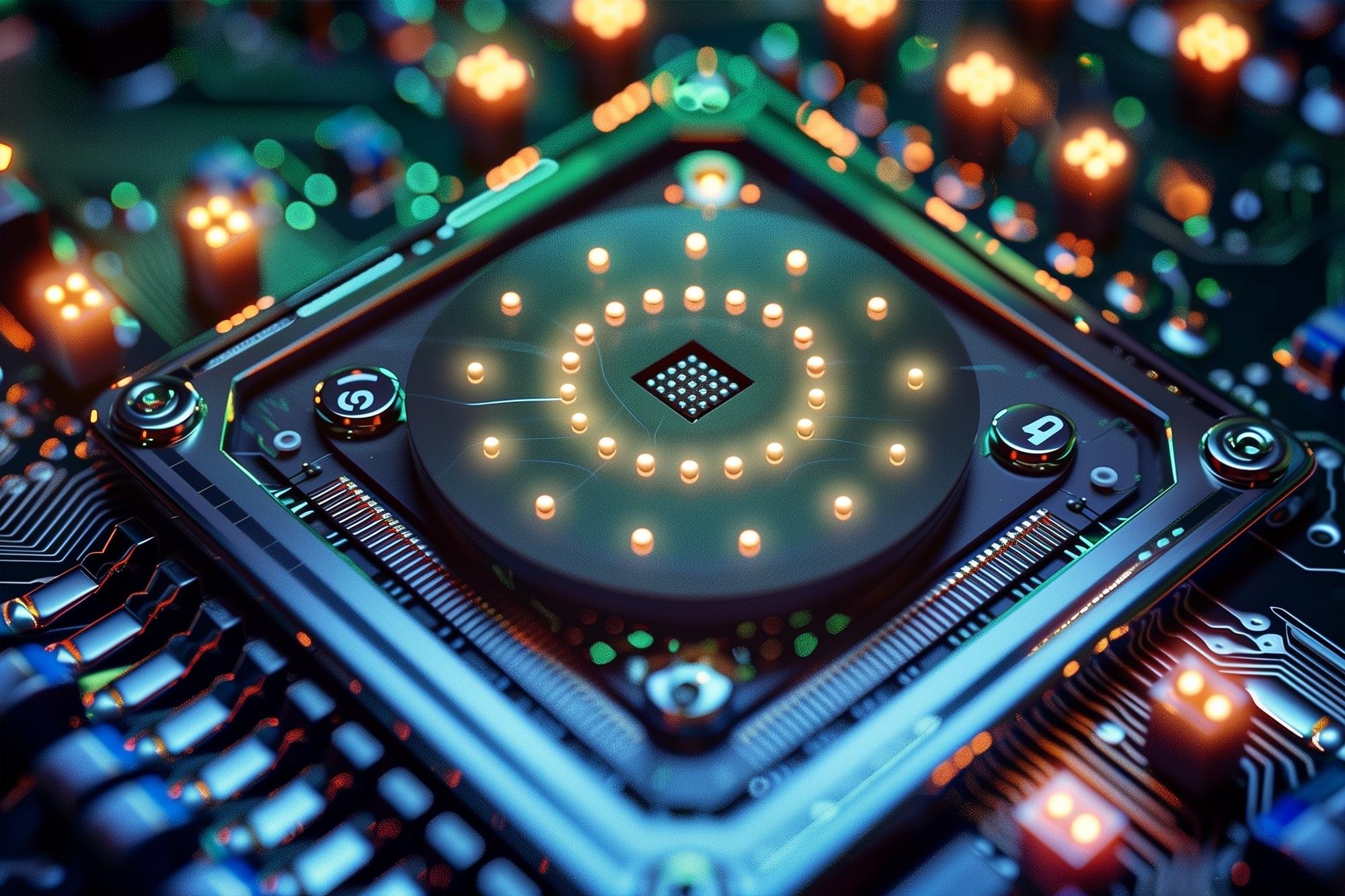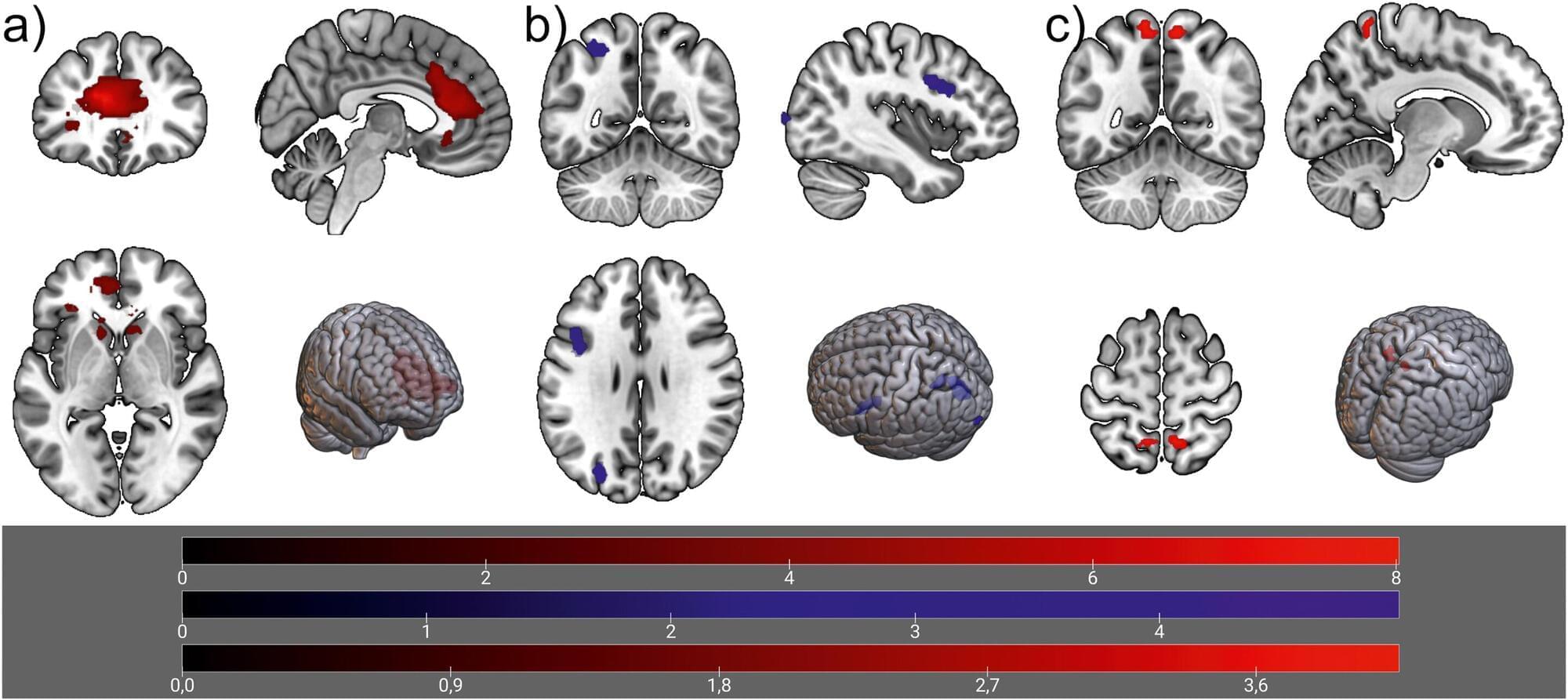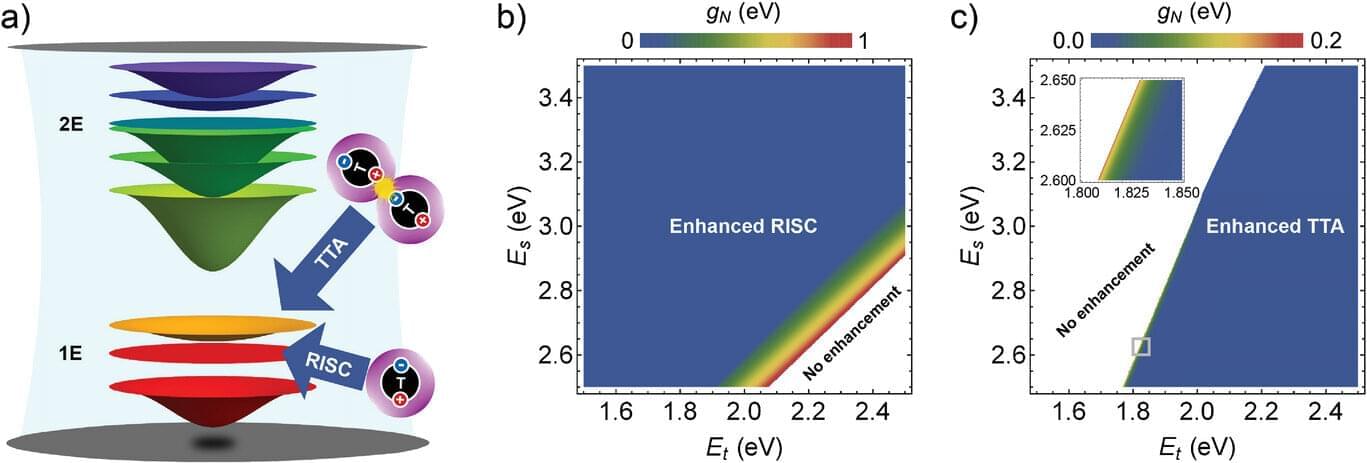A story about traveling through time, literally.
When we fly, we often cross time zones, sometimes even when we drive. Imagine for a moment that this is a continuous process. Even as you walk, your zone moves just a little from one moment to another.
S assume that your personal noon is when the sun is highest. You can create the time for your own body with this calculator. ” + Give it a try. If you have an iPhone, open the included compass app to get the longitude and latitude required to set this personal clock. You can also use Google Earth with your browser to find your location and the lat and long in the bottom right.
Personal solar time and sun elevation timeline.
http://folkstone.ca/Heliox/3DForceModels/Personal-Time-2.html.
Once upon a time there was enough technology that everybody had their own personal time zone to maximize their health and enjoyment. Yes, it seemed odd for a while that time was now considered time and location, but it did not take long to get used to everybody living in a different time zone. Sounds confusing when we are used to large time zones, but you know, so was coordinated time at one point. Just a little different way of doing things that keeps us healthier and happier.







